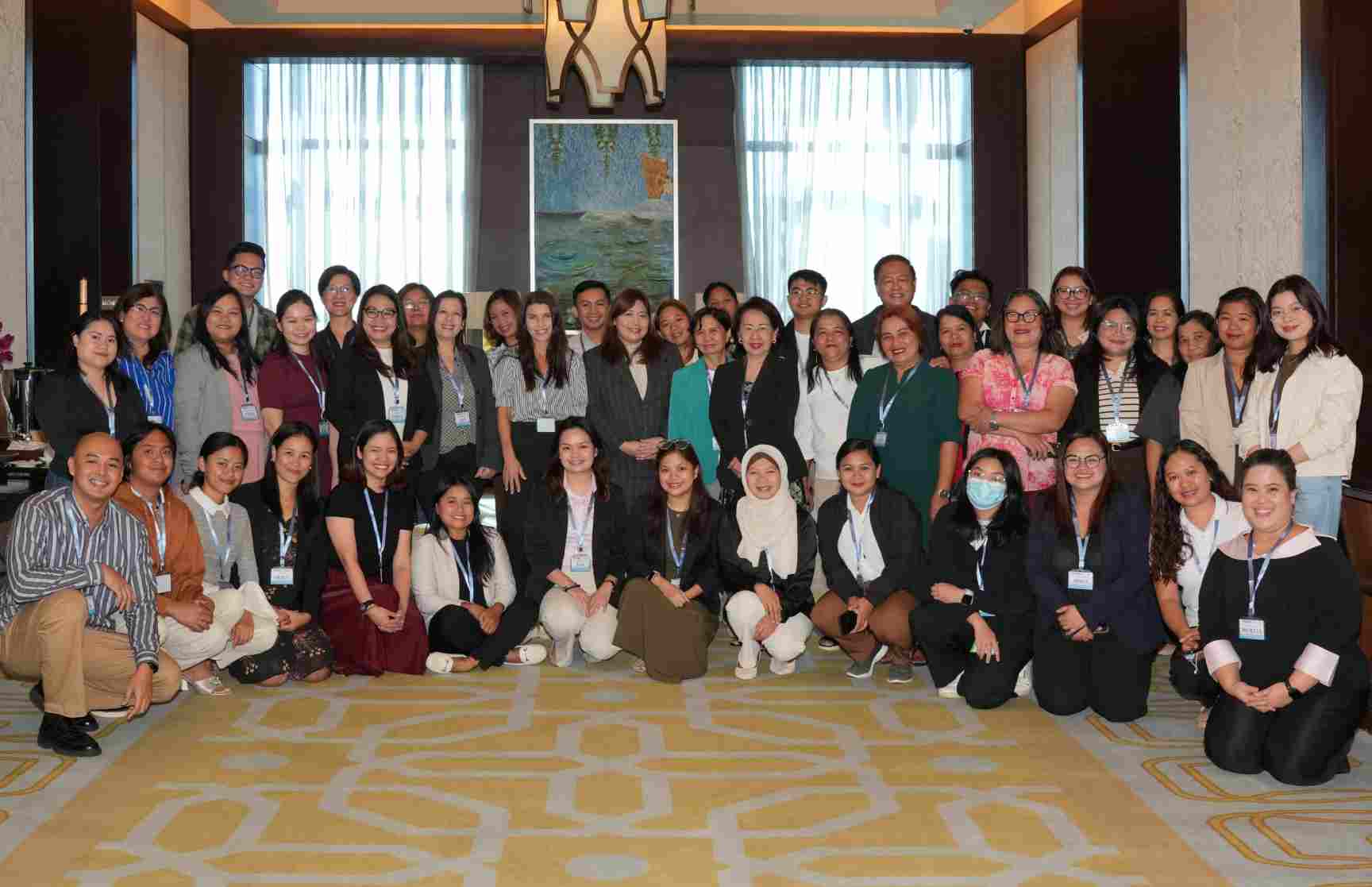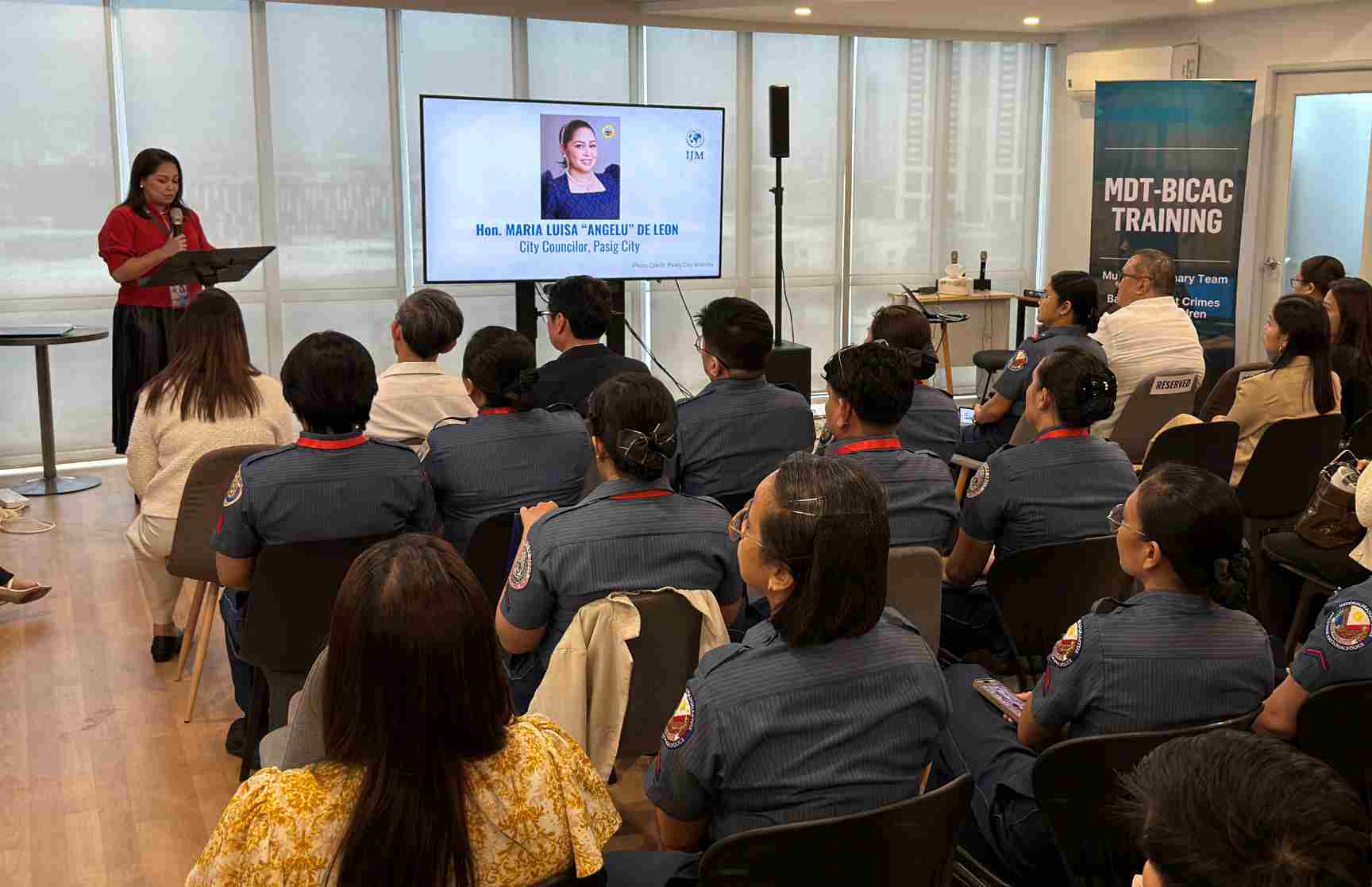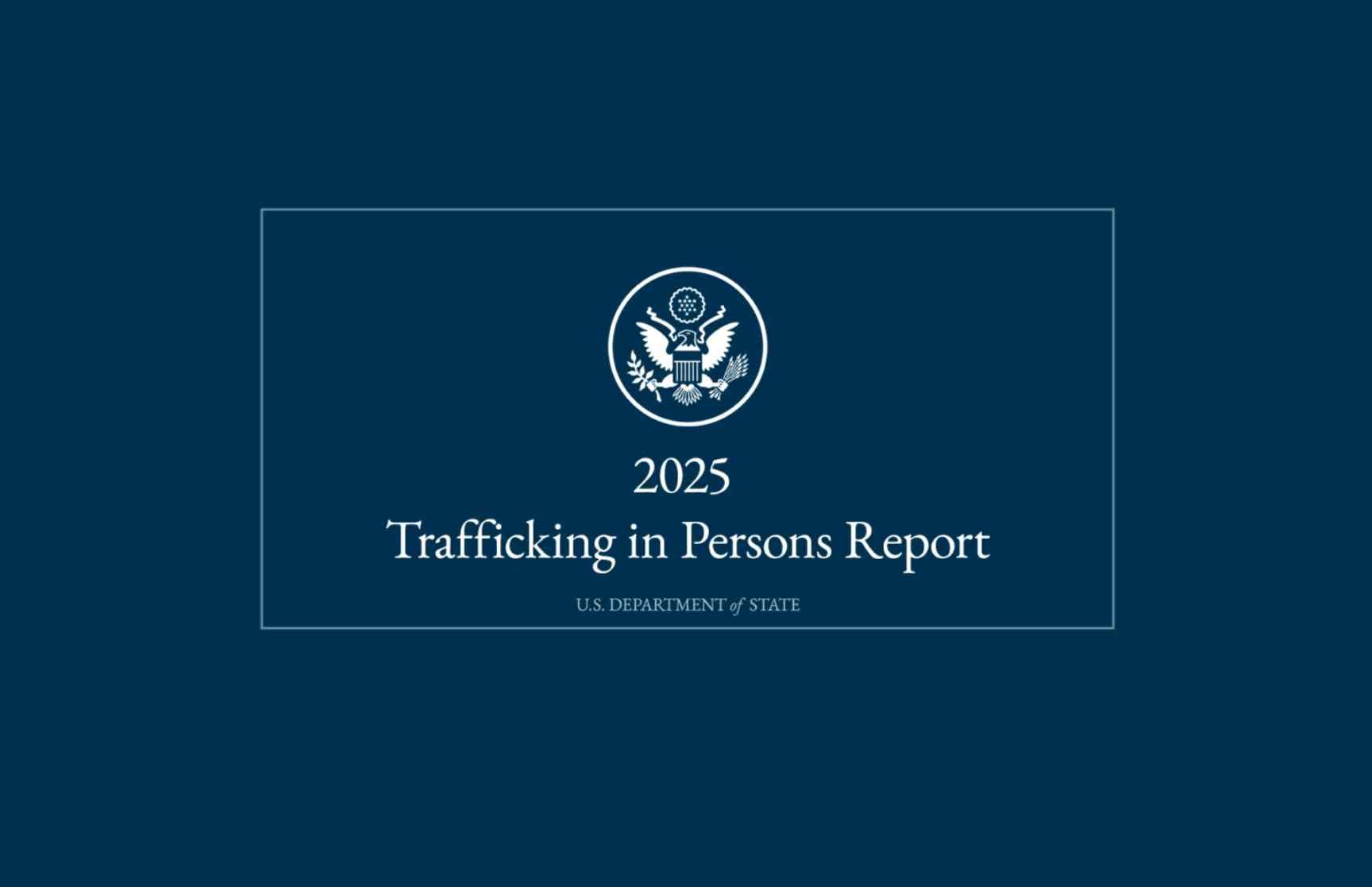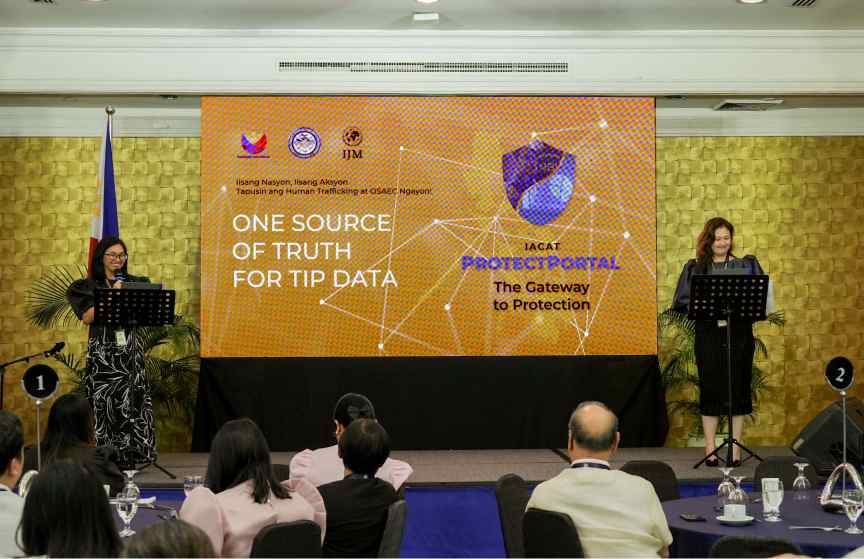
In today’s digital age, protecting children online has become a complex and critical challenge. You might ask: whose responsibility is it? Isn’t it the government’s job? Shouldn’t law enforcement and tech companies handle this? While they do play vital roles, every sector of society—and every individual—has a part to play in safeguarding children online. And for every parent, the risk of not being proactive in protecting your children online is just too high.
Shared Responsibility for Child Online Safety
President Bongbong Marcos, Jr. has deployed a whole-of-nation strategy to combat online sexual abuse and exploitation of children in the Philippines, emphasizing that the responsibility cannot rest on any one entity alone. The government must elevate safety standards and ensure accountability, law enforcement must bring offenders to justice, and technology companies must design devices, software, and platforms that block or prevent access to child sexual exploitation material (CSAM).
While the government, corporations, and other organizations have a role to play, this collective effort is not complete without a crucial player—parents.
The Role of Parents in Online Safety
The fast-changing digital landscape can feel overwhelming for parents. John Tanagho, Executive Director of IJM's Center to End Online Sexual Exploitation of Children, acknowledges this challenge: “Many parents are overwhelmed with the fast-changing digital landscape. As a parent, I know it is unreasonable to expect other parents to understand and navigate a myriad of safety features, parental controls, and risks on the dozens of apps their children use today and the new ones they will use tomorrow.”
First, Understand the Online Dangers
One of the first things parents need to do is be aware of the threats and dangers. So that they develop a pro-active strategy. The same way they protect their children from visible dangers like suspicious strangers, kidnappers, or dangerous roads, they can create boundaries regarding children’s online activity.
Children face multiple online risks, including:
- Cyberbullying
- Online predators pretending to be children or teenagers
- Unsolicited requests for personal or contact information
- Exposure to harmful content
Next, Take Practical Steps to Ensure Online Safety
1. Do Your Homework
Familiarize yourself with the online landscape, where danger might lurk, and the tools available to keep predators away. This will help you set informed boundaries and expectations for your children.
2. Create Clear Guidelines
Establish clear internet usage rules for your children, explaining why these guidelines are important. John Tanagho shares, “When our kids started using devices for school, we made things straightforward and clear for them (and ourselves) with a written digital contract and ‘no social media’ rule until a certain age to prevent countless potential harms.”
Help your child understand the importance of:
• Never sharing personal information or photos online • Never agreeing to meet someone in person they’ve met online without parental approval • Telling a parent if an online exchange feels uncomfortable or threatening
3. Foster Open Communication
Start conversations about safety and security early, even with children as young as 5 years old. Using age-appropriate language, explain concepts like not sharing personal photos or information. If something feels wrong, children should know that the first thing they must do is to tell a trusted adult immediately. This may not be instinctive to children and they may fear being reprimanded or that something like this is their fault. Before this even happens, give them clear actions to take when faced with something unknown or uncomfortable.
4. Use Online Resources
John Tanagho recommends these tools:
• Jack Changes the Game – a “children's picture book about staying safer online, designed for parents, carers and educators to read with 5 to 8 year-old children.”
• Netsmartz is NCMEC's (National Center for Missing and Exploited Children) online safety education program. “It provides age-appropriate videos and activities to help teach children be safer online with the goal of helping children to become more aware of potential online risks and empowering them to help prevent victimization by making safer choices on- and offline.”
• Thorn provides educational resources to help parents teach their children about online safety in sensitive, age-appropriate ways
5. Supervise and Monitor Online Activity
Keep family devices in a common area, and monitor smartphone and tablet use. Regularly review what apps your child uses and set parental controls. As kids grow older, establish healthy boundaries, like no devices in the bedroom overnight and setting a time to put devices away each day.
How to set parental controls to monitor your children’s devices:
Apple: https://support.apple.com/en-ph/105121
Android: https://www.androidauthority.com/android-parental-controls-explained-3250229/
Spotting the Red Flags
It’s also crucial to be vigilant about warning signs that a child may be targeted by an online predator, such as:
• Spending excessive time online, especially at night
• Receiving unsolicited gifts or messages from unknown sources
• Suddenly closing devices when a parent enters the room
• Withdrawing from family life or being secretive about online activities
Online Safety for Teens
As children grow into teenagers, they’ll naturally want more privacy and independence. It’s healthy for teens to explore some newfound freedom online, but precautions must still be in place. Talk to your teens about the dangers of interacting with strangers, explain the importance of password protection, and monitor their online presence without infringing on their privacy.
Staying Engaged
Staying actively involved in your child’s online experiences ensures that they benefit from the internet while being protected from potential dangers. Taking simple steps, like setting profiles to private or monitoring friend requests, can go a long way in protecting them from online predators.
Reporting
If you have suspicions about the occurrence of online sexual exploitation of children in your community, immediately report through these channels:
Philippines: Call 1343 from Metro Manila or (02)1343 if outside Metro Manila. More information here: https://www.ijm.org.ph/report
US: https://www.missingkids.org/home












